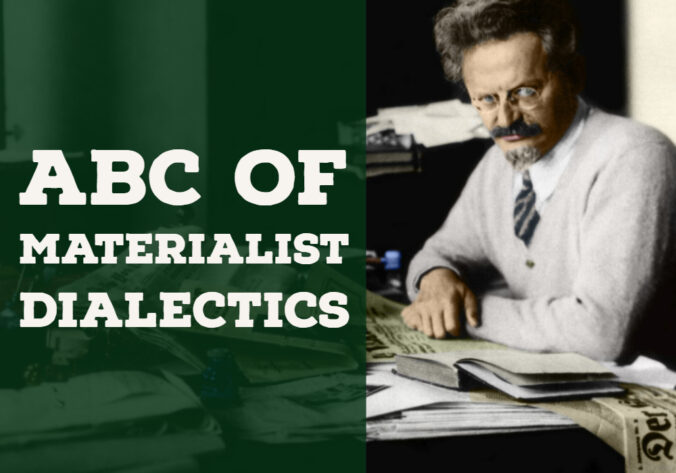Hi friends,
The philosophical aspects of Marxism are often overshadowed by its social, political and economic aspects. However, I’ve recently discovered the joys of dialectical reasoning and I would like to share an example of how we can use it in everyday politics, such as in deciding student union policy.
The below is an excerpt from an email conversation I had which demonstrates dialectics.
http://www.universitytimes.ie/2021/04/tcdsu-to-support-full-refund-of-student-contribution-fee/My question was whether the Sabbatical team requested a refund at the TCD Finance Committee or in any way followed up on this motion? Motion is titled “Full Refund of Student Contribution Fee” I believe.
If we did, and our union’s request got rejected, it would still be a good idea to share that on social media for transparency reasons. To let the students know that the TCDSU did try… also especially because this is one of the most important demands by students this year. Not to mention that by sharing updates such as this – that our demands were ignored or rejected, for example – there would be a certain level of outrage and therefore we might increase engagement from students as this is a very pressing issue. Students have a right to know what the union did on their behalf and a right to be informed of the College’s decisions at every step.
The latter might seem counterintuitive, as some would say it would discredit and weaken the TCDSU due to people being angry at the TCDSU for failing to deliver on its promises. However, I think such anger would be more directed towards the College (or the Government), especially if TCDSU exhausts all possible ways of working with the system in its attempts to fulfill the mandate, and thus it would radicalize students in the process and increase “class consciousness”. In fact, I believe this is a prime example of applying dialectical materialism as dialectical reasoning – the form of the message that is shared is at odds with the content of the message. I.e. whereas the expression is one of failure (“form”), its potentialities (“content”) is one of increasing the respectability of the union by being transparent and radicalizing students due to the inaction/”greed” of College (or Government).László molnárfi
After all, It seems to me the motion itself (apart from its symbolism), being a maximum or transitional demand destined to not be realized via simply asking College, was designed this way. Therefore, its ultimate aim is to show the limits of the current system and the limits of the way the union interacts with the University decision-making structure, in the end showing the necessity for radical and mass action as opposed to the more moderate union we have now. In short, a way to shake ourselves, students, out of our own apathy.
